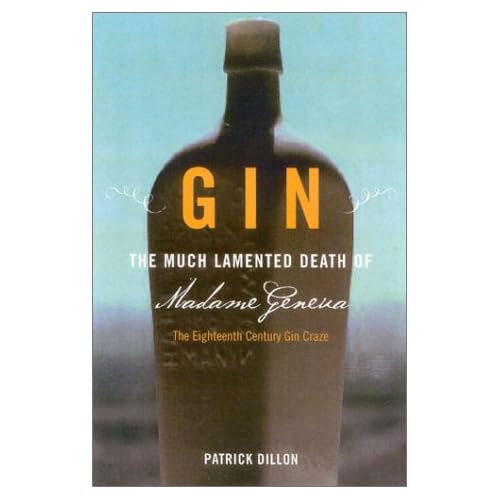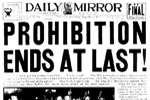Back at university, I was music editor of the student newspaper. One of the key battlegrounds in the struggle against manufactured pop was authorship - popular music couldn't truly be authentic and therefore artistically interesting if its authorship was in doubt. For example, the awkward, vacuous sentimentalism of Starsailor's debut album would be deemed more vital to our cultural life than the entire oeuvre of Girls Aloud. This was not a bold position for student critics to take: "mainstream" was our black spot, the kiss of death, our ultimate seal of disapproval. The question of authorship would, in some cases, override all others - my review of the previously mentioned Love Is Here listed every discernible influence on the album and seemed to view the fact that they were so blatantly obvious as a good thing. I may have used the words "proud songwriting tradition".
No, I am not proud.
The point I'm digging at is this: whether you're listening to a song or a symphony, the most important question is "do I like what I'm hearing?" If the answer's "yes", then nothing else matters. So, cocktails. Bear with me.
I can't source it online, but there's a bartender themed version of the lightbulb joke.
Q: How many bartenders does it take to change a lightbulb?
A: What's wrong with the original bulb? It's got 100% authentic ingredients, classic presentation - look, are you saying Edison didn't know what he was doing? It's better this way...
Heading into work this evening, I pulled off a sales report to adjust my stocking levels ahead of next weekend. The report contains a breakdown of all of the wet (alcohol) sales in my department, including cocktails, which I always check for trivia's sake. The top three tend to swap places throughout the year, but at any given time it will contain:
- Mojito
- Cosmopolitan
- French Martini
...and those three drinks will be head and shoulders above the next tier of drinks, which is made up of a couple of our original cocktails and classics like French 75s, Bellinis and Long Island Iced Teas. You have to get right into the long tail before you start seeing things like Martinis and Manhattans. Even Margaritas are rare, and Sidecars and Old-Fashioneds appear on a chart measured against months, not days.
This seems counter-intuitive, given that classic cocktails represent a huge part of my training. They are the foundation on which my ability to make new drinks is built. Looking at their recipes and structures let me pull back the curtain and see the old guy behind it, the insides of cocktails. My thinking is so skewed towards the classics that I can tell you how to make a Gin Daisy off the top of my head, but I have to look up the Alabama Slammer.
Working behind a bar tells you that classic cocktails aren't that popular. Britain may have a centuries-old tradition of social drinking, but our cocktail tradition is much younger. But how much?
I'd guess it's about 75 years old.
Prohibition saw an emergence of a cocktail tradition, or at least the recognition of its existence, outside of the USA. It's often said that the essential American cocktails are the Martini and the Manhattan; in the UK it's probably a vodka-Coke, and there's one good reason for that. They've been doing it longer than we have.
Focusing on the history and traditions of mixology has improved product quality in the industry - Edinburgh's bartenders are creating better drinks than they were five years ago, but that focus isn't a major concern for the consumer. A successful bar is one that makes money, regardless of how intimately its staff know Jerry Thomas. Manhattans might have the heritage, but French Martinis move units, and that is the ballgame.
Time to make a tenuous connection.
There's no reason to discount a drink because it doesn't fit your idea of what a cocktail should be. For every bartender who rolls his eyes and closes his mind when he discovers a drink has Malibu in it, for every mixologist who won't look at a bottle of vodka, for every bar chef who thinks a product isn't "premium" enough, try this: have a taste and ask one question: "do I like the way this tastes?"
Nothing else matters.



